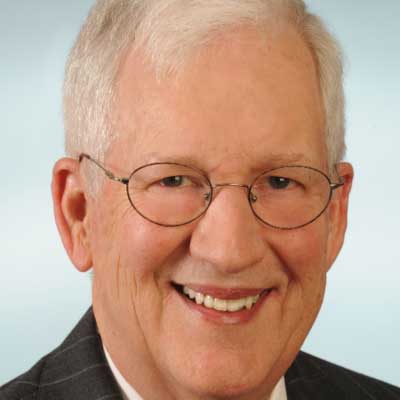

The Space Intelligence Conference designed for the Intelligence Community at the TS/SCI level.
NEW DATE: Postponed
The Aerospace Corporation, Chantilly, Virginia.
*Date subject to change
Dominance in Space, Defense at Home:
Space Superiority Through Layered Systems
Join Us at Faga Forum
The space domain is becoming more contested and congested than ever. Staying ahead of adversaries demands bold new approaches to developing, acquiring, and deploying space capabilities.
This conference brings together leaders and experts from the intelligence community, defense partners, and key industry leaders to address the evolving landscape of space-based threats and the strategic initiatives required to counter them.
Date: Postponed
Location:
• The Aerospace Corporation, Chantilly, Virginia
Cost:
• Non-Member: $499
• Member: $399*
• Military/Government: $179



Key Topics You’ll Explore:
- Layered Space Architectures — Leveraging resilient proliferated constellations and advanced threat detection payloads.
- Defensive Capabilities — Kinetic and non-kinetic measures to deter, defend, and dominate.
- Responsive Space Operations — Operating at the speed of relevance to outpace evolving threats.
- AI & Innovation — Harnessing rapid tech advances for accelerated readiness.
- Public-Private Collaboration — Partnering to strengthen operational advantage.
What You'll Gain:
- Actionable Insights from classified discussions with senior decision-makers.
- Strategic Understanding of emerging anti-satellite weapons, cyber threats, and hostile on-orbit behaviors.
- Networking Opportunities with top intelligence, defense, and space leaders.

The late Martin “Marty” C. Faga was an intelligence community pioneer, industry innovator and tremendous public servant serving the national security of the United States and the free world. His leadership within the space community revolutionized the way intelligence agencies, military service branches and industry could work together to safeguard freedom from threats known and evolving. His work built relationships between service branches, intelligence agencies, American allies, and industry; secured American interests abroad and liberties at home; and served as a model and legacy to follow.



